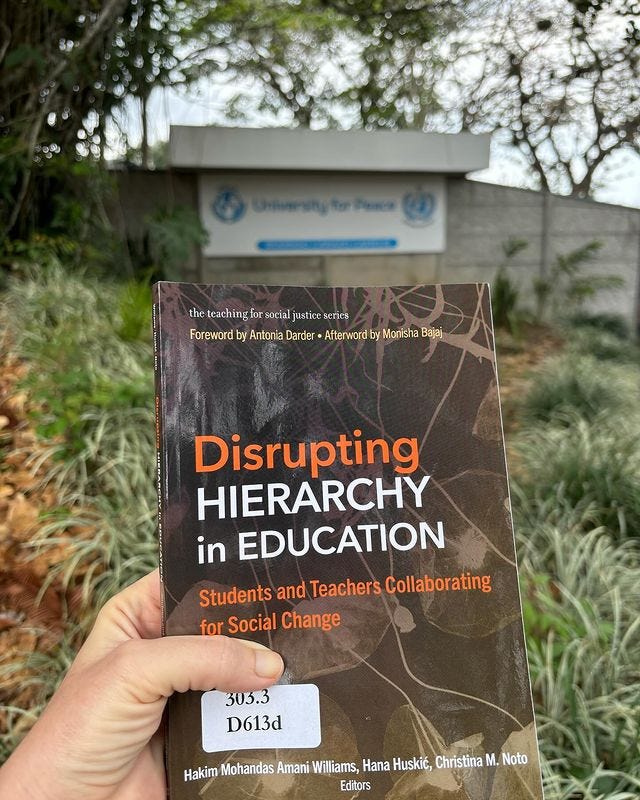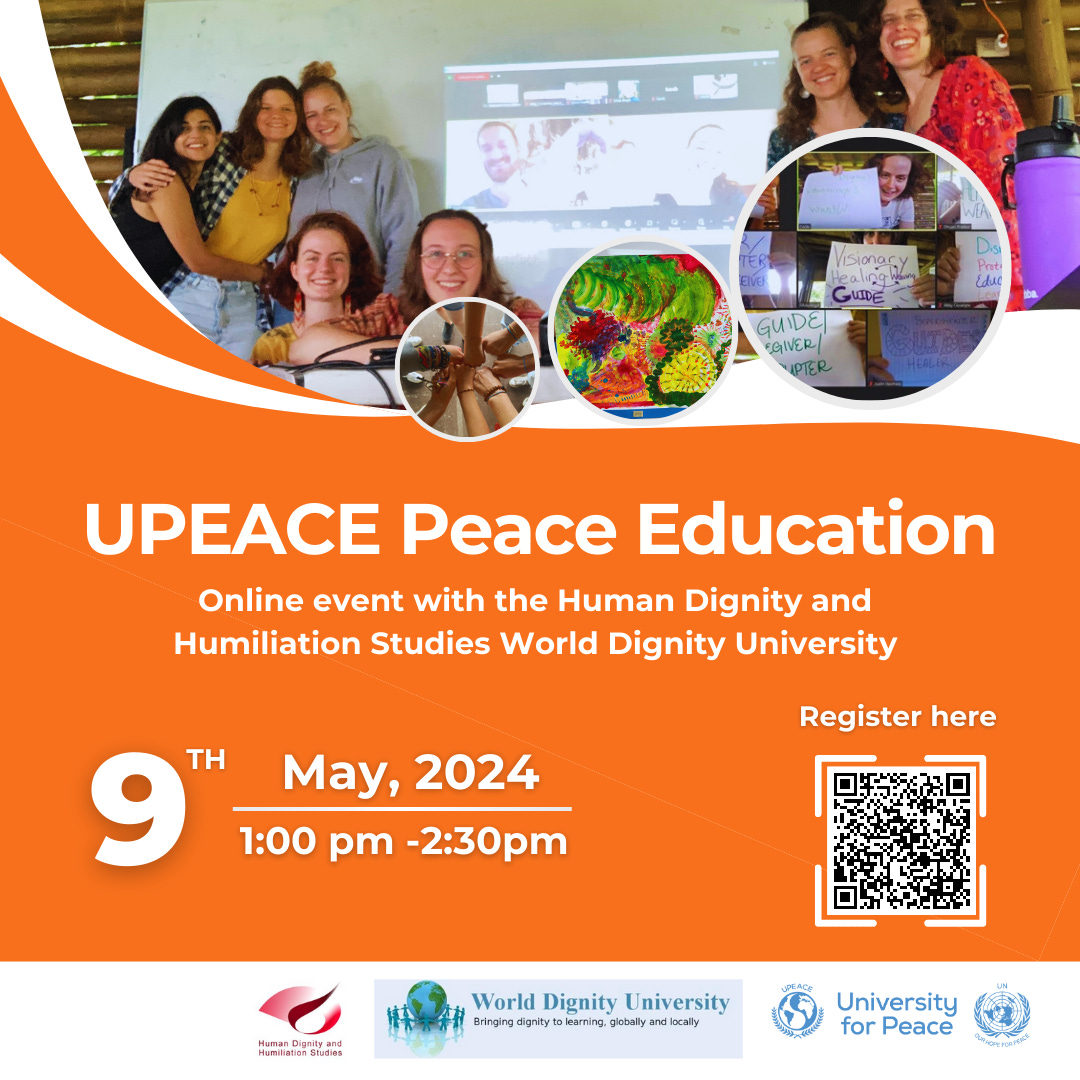Dear beloved Enchantable readers,
As I write to you today, I am in the midst of preparing for my final course of the academic year, Strategic Nonviolent Resistance. In the class we talk about strategic, principled, and revolutionary perspectives on nonviolence, how nonviolence works spiritually and practically, individually and collectively, and key factors that contribute to the success or failure of social movements. We talk about enacting change through nonviolent means, about resistance and building, the need to resist and disrupt and dismantle and simultaneously create new structures based in care and justice (we are seeing this right now in the student encampments, as students create networks of mutual aid and community education within them). We will be looking at case studies of social movements, and what we can learn from them to use nonviolence more effectively. And of course, we will be learning from and with current student movements across the world that are standing against war and genocide, calling for their universities to stop funding and being complicit in genocide in Gaza, and standing for a more liberated world and a free Palestine, a world free from war.
In my view, this class is central to the mission of the University for Peace, which is
to provide humanity with an international institution of higher education for peace with the aim of promoting among all human beings the spirit of understanding, tolerance and peaceful coexistence, to stimulate cooperation among peoples and to help lessen obstacles and threats to world peace and progress, in keeping with the noble aspirations proclaimed in the Charter of the United Nations.
This mission moves me and inspires me, and studying nonviolence is essential to this mission and vision. To study peace, we have to study alternatives to war and violence to address conflicts and to create change, and we have to develop the skills needed to enact and live these alternatives.
That said, I am sitting in the tension of how it is an amazing time to be studying nonviolent movements for social change (it’s always a great moment)
and
that studying (anything) alone is not enough, and study is meant to lead to action1.
In the words of my teacher Zen Master Thich Nhat Hanh:
“Once there is seeing, there must be acting. Otherwise, what’s the use of seeing?”
On the first day of class, I always ask students their hopes for our time together. My hope for this time is that this class moves us - moves our hearts, our minds, our bodies, our lives towards a more loving world - because at its heart, nonviolence is love-in-action.
I am not saying how we will be moved, but I hope we will all be moved.
Today I wanted to share some of the resources I am working with, returning to, and thinking about as I revise the syllabus. I hope they might be inspiring and nourishing for you (and if you have favorite resources not on this list, please send them my way!2).
Letter from a Birmingham Jail (reading and video)
This is one of the most brilliant treatises on nonviolence ever written, in my humble opinion. In it, Dr. Martin Luther King, Jr. so clearly and passionately outlines the principles of nonviolent social change. His words feel incredibly relevant to this moment, as so much of what he talks about is speaking directly to what we are seeing now with police repression, state violence in response to the protests, and calls from those in power to remain “peaceful.” I imagine many of my readers are familiar with this letter, but I cannot recommend enough returning to it now. I especially loved listening to Martin Luther King, Jr.’s reading of it:
Protest Song Playlist (music)
As part of our class, we will be starting every session with a protest song from across time and around the world. If you have suggestions for this playlist, please let me know! And I will share the playlist link with you all later.
Disrupting Hierarchy in Education (book)
I was so excited that this book finally arrived to our campus library, in time for me to add two chapters to the syllabus - on on Education for Revolutionay Nonviolence, and the other on Justice-Oriented Leadership. You can learn more about the book here.
I am especially excited about the chapter on education, as I like to start my classes with a reading on pedagogy, which helps to situate how we will be learning together as we start to weave our learning community (you can read more about my pedagogical invitations here).
This is the Lecture poem I wrote that I closed last year’s nonviolence class with, which I will use in the opening session of our class this year.
TED Talks (videos)
There are a few great TED talks that complement some of our readings:
Erica Chenoweth - The success of nonviolent civil resistance
Julia Bacha - Pay attention to nonviolence
Jamila Raqib - The secret to effective nonviolent resistance (in it she references Gene Sharp’s 198 Methods of Nonviolent Action, a quintessential nonviolence resource)
Films
There is a long list of films that go along with the class, and my vision and hope is that we will run a nonviolence film festival alongside the class. The non-exhaustive list includes:
Taking Root (Wangari Mathaai & Green Belt Movement)
Bringing Down a Dictator (Otpor)
Pray the Devil Back to Hell (Liberia Women’s Movement for Peace)
The Five Powers (Thich Nhat Hanh, Martin Luther King Jr., Sister Chan Kong, & Alfred Hassler)
Third Harmony (Metta Center for Nonviolence)
How to Start a Revolution (Gene Sharp)
Orange Revolution (Ukraine)
A Force More Powerful
Gandhi
Budrus (Palestine)
A few other resources that we turn to throughout the class:
Waging Nonviolence - news and analysis
Metta Center for Nonviolence - extensive resources on nonviolence grounded in a principled, spiritual approach
ICNC - very extensive library of nonviolent movement education resources
I hope these resources might accompany you on your own learning journey, or offer some inspiration for the classes you are teaching. I’ll share more as we move along throughout the month!
By way of closing today, I wanted to share with you an opportunity to join me and my peace education students online this week. We will be offering a session in partnership with World Dignity University and Human Dignity and Humiliation Studies network on Friday, May 9th at 1pm Costa Rica time. We will be performing our forthcoming article on pedagogies for peace that will be coming out in the journal Feminist Pedagogy (final manuscript is due tomorrow!). Yes, we are performing our article so you should come see what that means :) and we will also be inviting the audience to engage in some creative exploration around its themes. You can register and find out more info with the QR code or at the following link. We hope you can join us!
With love, care, and solidarity,
Stephanie
See Paulo Freire and praxis, cycles of theory, reflection, and action.
Please note this list is not exhaustive and the syllabus is much more extensive.






